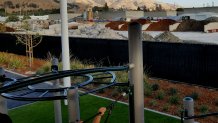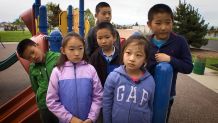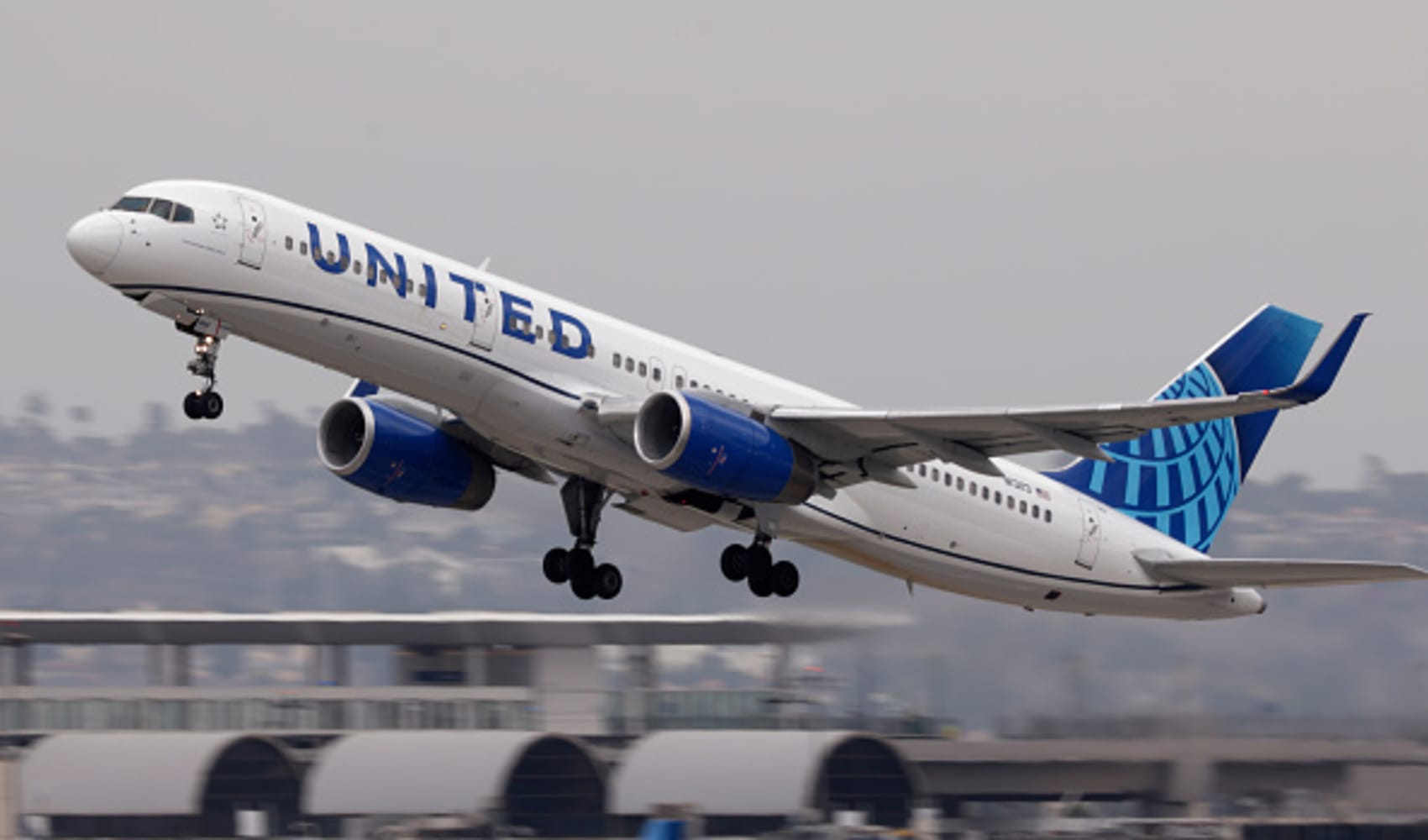State School Superintendent Tony Thurmond is calling for a new law that would give private school kids the same protections from industrial pollution as public school kids. The push comes after an NBC Bay Area Investigation revealed how Stratford, a chain of private schools across California, built a new campus right next to a concrete plant in Fremont. California law prevents public schools from building next to facilities that emit toxic chemicals, but until now, there has been no such law protecting private school students.
“If we require certain things for students in public schools regarding their health standards why wouldn't that be the same for private students at the end of the day,” said Thurmond.
Speaking anonymously because he fears repercussions from the school against his kids, one parent told NBC Bay Area that when he first saw the Stratford campus during the building process, he thought the concrete plant was part of the construction site. “Then, when we arrived on the first day of school, I couldn’t believe it,” he said. “The concrete plant was right outside the classroom windows.”

“Any kind of air pollution source directly next to a school is a bad idea,” said Dr. Anthony Wexler, Director of Air Quality Research at UC Davis. Wexler has studied the impacts of air pollution for 30 years. “There's been a number of studies showing that children who were exposed to air pollution when they were young, their lungs did not grow properly,” said Wexler.
After Stratford’s preschool through fifth grade campus opened in September of 2018, parents worried about their children’s health. When they became dissatisfied by what they say was a lack of action by Stratford officials, they staged a protest and took their complaints to the Fremont City Council and the Bay Area Air Quality Management District.
That’s when Crystal Dai, a mother of a Stratford third grader, was called to speak with the principal. “She said the recent complaints about the school brought a lot of negativity to the campus,” said Dai, who was stunned to hear that the principal was expelling her 9-year-old daughter, Lindsay, from the school. Lindsay had been at Stratford since kindergarten, and was a top student. “Because of what I did, Lindsay got expelled from Stratford,” said Dai, emotionally. “I think it's totally ridiculous,” she said, adding, “They also called on some other parents and told them 'if you say anything to the media or public, your kids will be expelled too.'”

NBC Bay Area’s Investigative Unit spoke to at least four other parents who said they were warned not to speak about the pollution. “I took it as a warning — if you don't stay quiet there might be consequences,” said a parent who preferred to remain anonymous. “She [the school principal, Ellie Tariverdi] said 'if you don't like what we do here you can actually take your child somewhere else.' This is all we're going to do regarding TCR [TriCity Rock, the concrete plant]. We're not going to do any more. The school is here, we're not going to move.”
Local
Get a weekly recap of the latest San Francisco Bay Area housing news. Sign up for NBC Bay Area’s Housing Deconstructed newsletter.
Stratford Founder Sherry Adams did not respond to repeated emails, phone calls, and in-person visits to Stratford headquarters requesting an interview. Stratford did issue a statement that said, in part, “Stratford paid for testing at the school, which showed air quality was in line with state standards for a 'majority of school days.'”
Top officials at the Bay Area Air Quality Management District expressed concern about how Stratford got approval to build next to the TriCity Rock concrete plant. “I don’t want to sugar coat this at all, this is not a good land use decision that was made, but we are dealing with this situation moving forward,” said the Air District’s CEO, Jack Broadbent. In the wake of NBC Bay Area’s previous report, one of the directors of the agency wrote a letter asking that the Air District “engage state lawmakers” to create new legislation that would require private schools to follow the same environmental building guidelines as public schools, in order to “prevent any city from approving a project that potentially puts our children at risk of harm.”
Meanwhile, the TriCity Rock plant has requested a permit from the Air District to produce 35% more concrete – about 108,000 tons per year. The Air District says it is in the process of approving that permit, but that it will make sure the plant is upgraded to new systems that will capture the dust that flies off the plant and into the school next door. “Because of the new capture system, overall toxics and emissions will decrease,” said Bay Area Air Quality District spokesperson, Kristine Roselius.
Stratford School has also requested a permit for a 16-foot fence between the school and the concrete plant. “We don’t know when it will be built, or what it will accomplish,” said another parent, speaking anonymously. “I don’t know – it depends on the wind,” he said. He told NBC Bay Area that he and many other parents are still very concerned about their kids’ health.
“All students deserve to be in a safe environment free from any kind of harm, including environmental harm,” said State School Superintendent Tony Thurmond.
Watch Our Entire Investigative Series
- Part 1: Parents Fear Kids at Risk From Dangerous Dust at Silicon Valley School
- Part 2: Air Quality Official Slams School's Decision to Build Near Concrete Plant
- Part 3: Superintendent Calls for Law to Protect Private School Kids from Toxic Air
- Part 4: CA Seeks to Close Loophole Allowing Schools to be Built Near Toxic Sites



